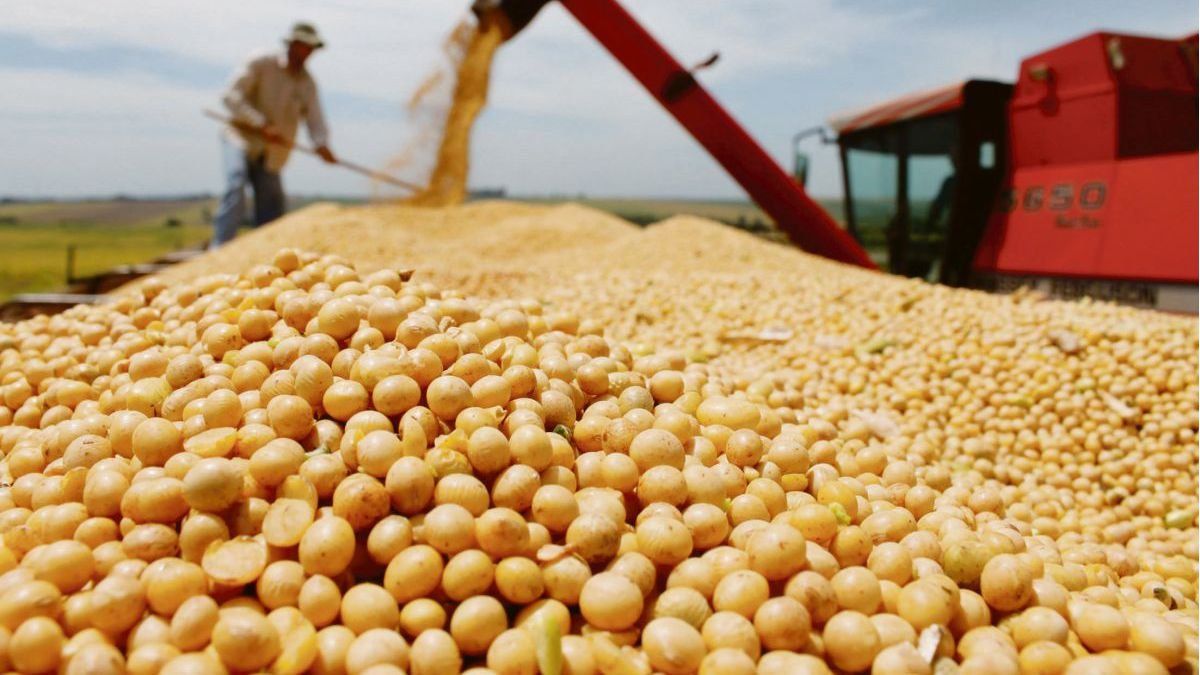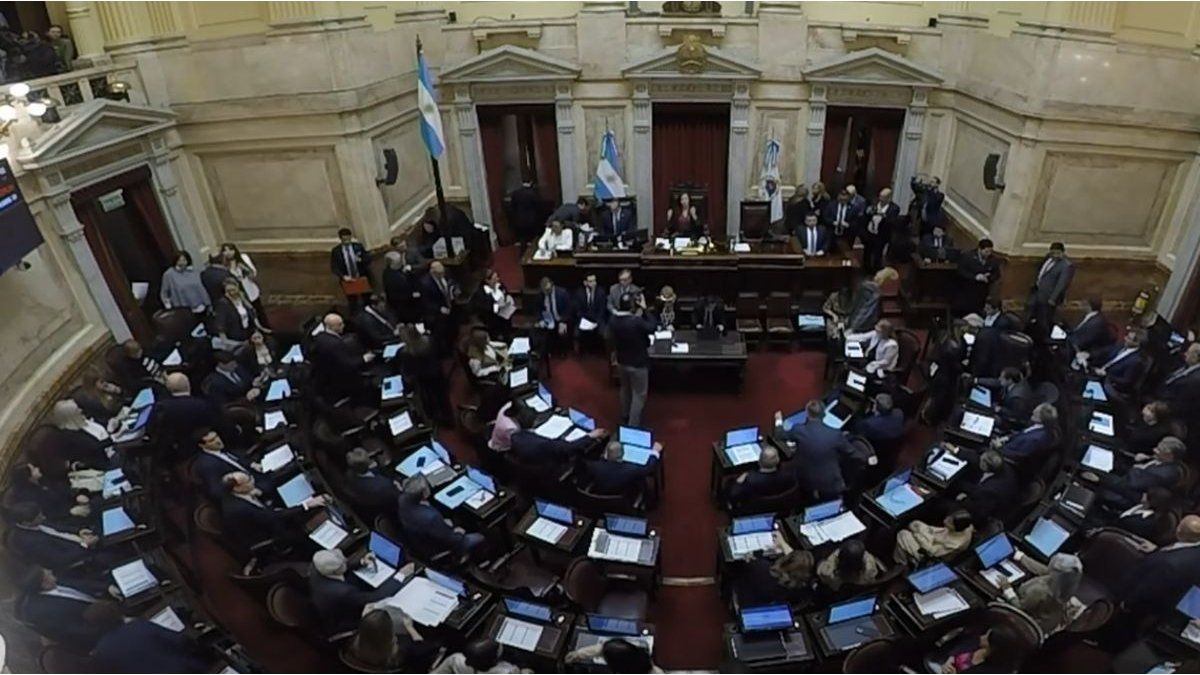Projections indicate that soybeans will contribute US$25,443 million to the economy this year (showing an increase of 10% compared to the previous year) and US$10,489 million in tax revenue (14.4% more than the campaign pass). This scenario seems optimal, but the truth is that if producers continue to reduce sales of the oilseed, this foreign exchange income would be at least reduced in what refers to July, which has just begun.
For this month, a liquidation of the field of just over US $ 3,500 million is projected, but if the shortage of diesel continues, together with the agricultural strike and the retraction of soybean sales, it could end up in a much lower figure. , in a context in which the Government will need foreign currency to deal precisely with the exchange rate tension that promises to continue in the coming days.
Meanwhile, another source of tension opens in the sector because during the day on Monday the sale of inputs for the field was practically paralyzed. It is that the rise of the blue dollar and the financiers withdrew the agronomists who fear having to replenish their merchandise with a markup in prices.
Along the same lines, another storm front that would also lie ahead for the economy would be the price of the farm. Livestock producers also use livestock as a refuge of value and this is evidenced in the sale prices in the different livestock markets and auctions.. As explained by the Livestock Market of Rosario (Rosgan): “The political scenario presents an extremely complex diagnosis and the uncertainty generated in the last hours regarding the direction of the economy, once again values the ranch as a backup asset, generating thus, an additional support factor for prices, with a view to the coming months”.
This scenario would have a direct impact on the prices of beef in butchers and supermarkets, which already show a year-on-year increase of more than 65%, while consumption is at its historical minimum of just 47 kilos per inhabitant per year.
In short, they will be key weeks for the Government and the countryside because the sector is also expectantly awaiting the first measures of the new Minister of Economy, Silvina Batakis, and fears a rise in withholdings on cereals. The ending is still open.
Source: Ambito
David William is a talented author who has made a name for himself in the world of writing. He is a professional author who writes on a wide range of topics, from general interest to opinion news. David is currently working as a writer at 24 hours worlds where he brings his unique perspective and in-depth research to his articles, making them both informative and engaging.




